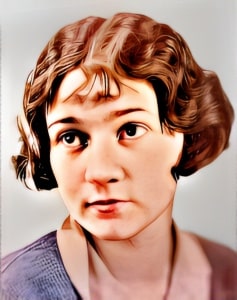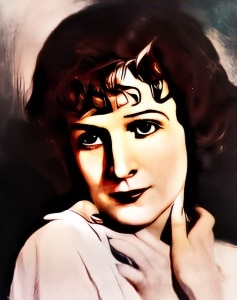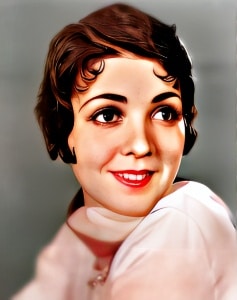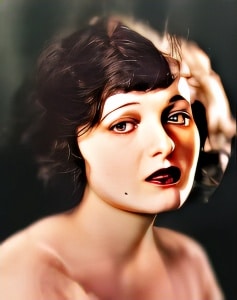 Lillian Leighton was an American actress who made significant contributions to the early years of American cinema.
Lillian Leighton was an American actress who made significant contributions to the early years of American cinema.
She was born on May 17, 1874, in Auroraville, Wisconsin, and she had a long and successful career in both silent and sound films.
Leighton’s acting career began on the stage, performing in various productions before making the transition to the burgeoning film industry. She quickly established herself as a character actress known for her versatility and comedic talent.
One of her notable early film appearances was in the 1915 film “ The Floorwalker,” directed by Charles Chaplin. In this silent comedy, Leighton played the role of the store detective’s wife and added humor to the film’s narrative. The film was one of Chaplin’s early works and contributed to his growing popularity in the film industry.
Lillian Leighton’s career extended beyond her work as an actress. She ventured into writing, contributing to the scripts of several silent films. Her involvement in different aspects of filmmaking reflected the collaborative nature of the early film industry.
As the film industry transitioned to sound in the late 1920s, many silent film actors faced challenges in adapting to the new medium. Leighton successfully made the leap to sound cinema, continuing to work in films.
One of her sound film appearances was in the 1933 film “The Phantom of the Air,” a drama directed by Ray Taylor. In the film, Leighton played the role of Aunt Lucy, showcasing her adaptability as an actress in the changing landscape of the film industry.
Lillian Leighton’s dedication to her craft, her versatility as an actress, and her contributions to the early years of American cinema are remembered as an important part of Hollywood’s history. Her ability to transition from silent to sound cinema marked her as an adaptable talent in the industry.
She continued to work in films until her retirement from acting. Lillian Leighton passed away on March 19, 1956, in Woodland Hills, Los Angeles, California, marking the end of a career that played a crucial role in the early development of American cinema. Her work, both as an actress and a writer, remains a part of the rich history of the film industry, reflecting the collaborative and pioneering spirit of the early film era.

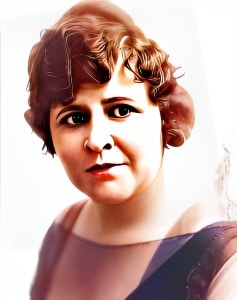 Lillian Leighton was an American actress who made significant contributions to the early years of American cinema.
Lillian Leighton was an American actress who made significant contributions to the early years of American cinema.